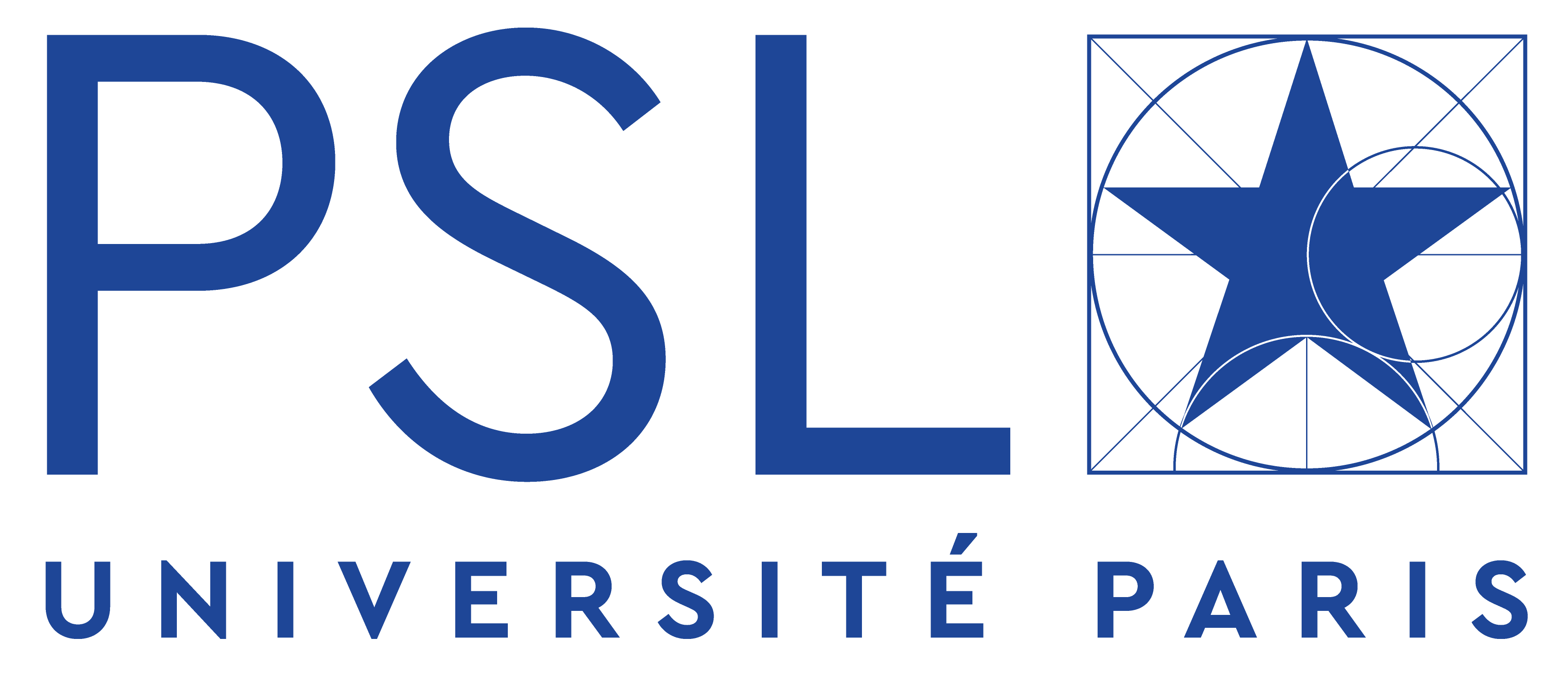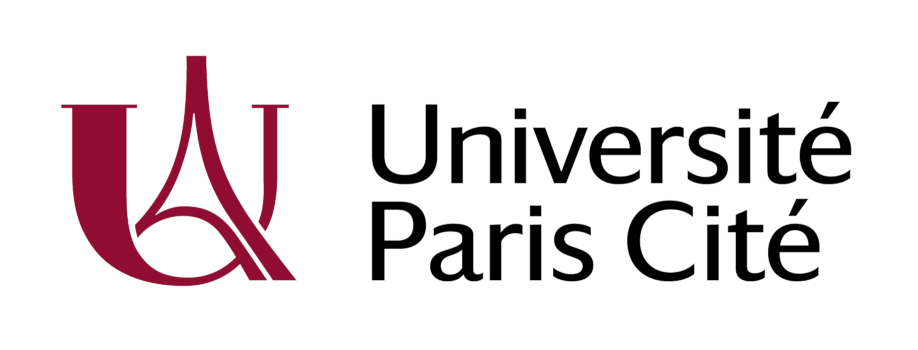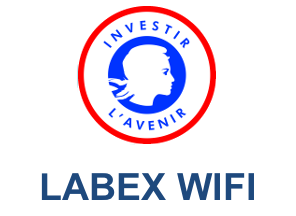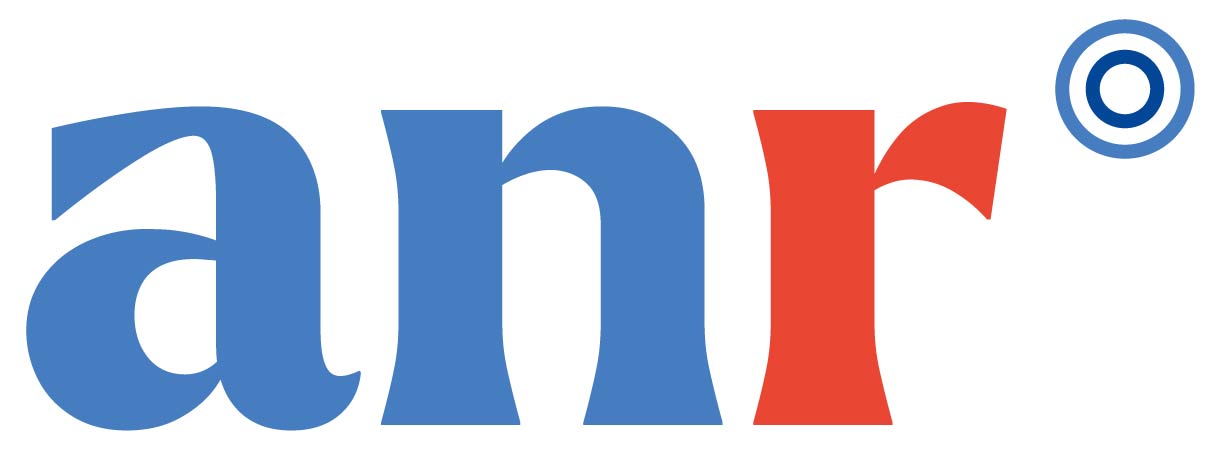Context
This Master 2 internship is part of the ERC project MIRACLE-AD, led by Pedro Mecê at the Institut Langevin. The project aims to unravel the mechanisms of neurovascular coupling (NVC) — the process linking neuronal activity to local blood flow regulation — whose early dysfunction is considered one of the earliest hallmarks of Alzheimer’s disease (AD). Since the retina is the only optically accessible part of the central nervous system, it provides a unique opportunity to study NVC at the cellular level.
Recently, our group has developed an advanced optical imaging technique for cellular-resolution retinal imaging : the Adaptive Optics Rolling-Slit Ophthalmoscope (AO-RSO). This system can capture high-speed phase-contrast images over a wide field of view, enabling the visualization of individual red blood cells and vessel walls — key elements for investigating vascular responses in NVC.
However, the origin of the phase contrast remains partially understood, which limits the ability to optimize imaging parameters for different retinal features (Figure 1). Understanding the underlying scattering mechanisms is thus essential for improving image contrast and interpretability.

Internship objectives
The goal of this internship is to develop a Retinal Digital Twin to study the origin of phase-contrast retinal imaging. The intern will contribute to the following objectives :
1. Develop a Retinal Digital Twin using Monte Carlo simulations.
2. Investigate the influence of different imaging parameters on image contrast.
3. Validate the findings using the existing AO-RSO imaging system.
4. Determine an optimal imaging configuration to maximize contrast for red blood cell imaging.
Environment
This work will involve close collaboration with researchers, engineers, clinicians, and PhD students from the Institut Langevin and the Paris Eye Imaging Group at the Quinze-Vingts National Ophthalmology Hospital (Paris).
Part of the internship will take place at Quinze-Vingts Hospital, where the imaging data required for NVC studies will be acquired.
Candidate Profile
We are looking for a motivated Master 2 student with a strong interest in biomedical optics and computational modeling. The ideal candidate should combine a solid background in physics, optical imaging, or biomedical engineering with an enthusiasm for applying simulation tools to understand light–tissue interactions in complex biological systems.
Internship Details & Application
Duration : 5–6 months (Master 2 level)
Possibility to continue as a PhD student : Yes
Location : Institut Langevin, 1 rue Jussieu, 75005 Paris, France
How to apply : Interested applicants should send a CV and a short motivation email to ![]()









